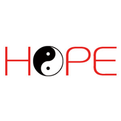As winter arrives, it is also the peak season for colds and pneumonia. Today, we will extend our discussion from the perspective of external pathogenic factors, focusing on prevention and the so-called sequelae or recurrence issues after recovery.
The Neijing states, “When the righteous qi is preserved within, evil cannot invade.” This phrase has been widely quoted in Traditional Chinese Medicine (TCM) for thousands of years and serves as a fundamental principle for prevention and treatment. The latter part of the phrase, “Where evil gathers, the qi must be deficient,” further elucidates the relationship between humans and external pathogens.
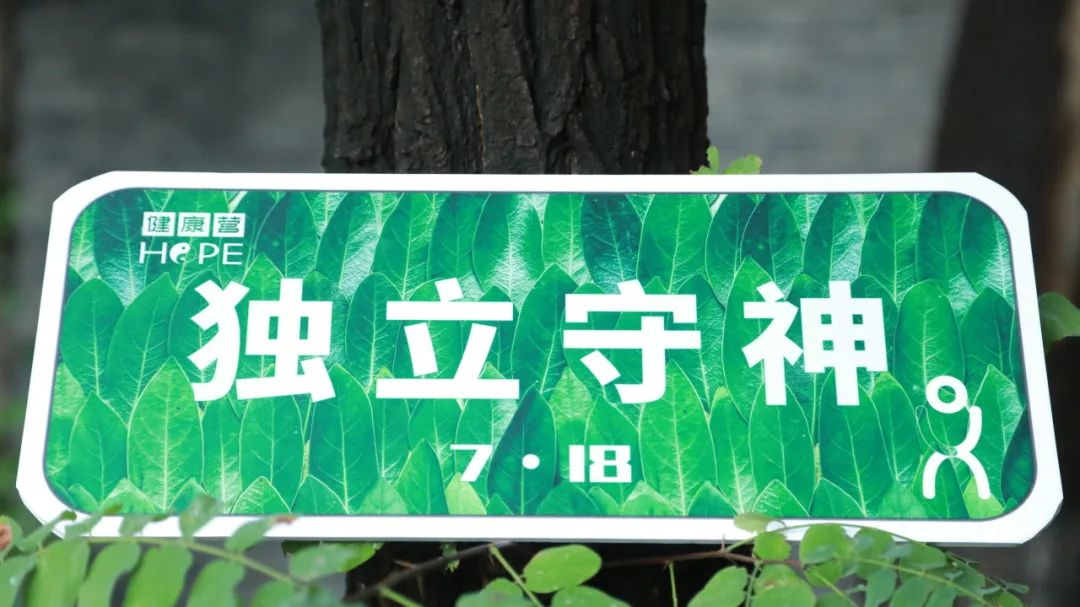
Thus, what we call a cold is actually a response to the unwholesome qi of heaven and earth.

hopehealth camp
What is Righteous Qi?
Since the body possesses righteous qi, evil cannot invade. But what exactly is this righteous qi? It is invisible and intangible. How can we preserve righteous qi within?
In fact, just like in nature, the manifestations of qi within our bodies are also diverse.
The so-called “jing, qi, shen” (精, 气, 神) are merely “condensed as essence, flowing as qi, and functioning as spirit.”
Simply put, the entire body is a manifestation of qi—whether it is the essence transformed into tangible skin, muscles, fascia, ligaments, blood vessels, and nerves; or the flowing blood, fluids, including tears, mucus, saliva, and sweat; of course, there is also the innate qi and acquired qi that drive all these movements.
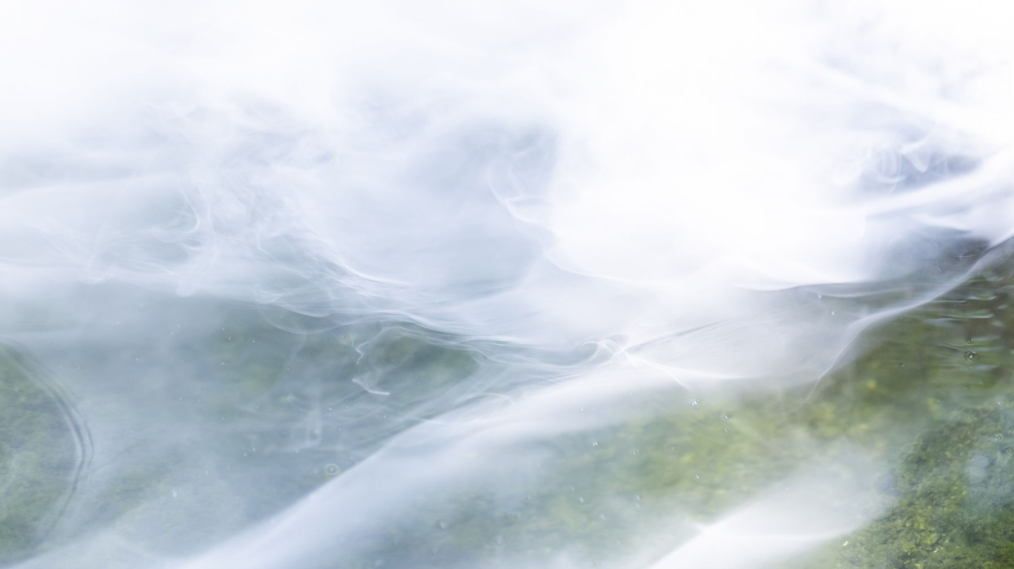
Therefore, when we talk about qi, we must not only think of one specific form; qi is not ethereal but is indeed the very substance that constitutes our bodies.
Among these, we can use qi and blood (气血) to promote and defend, and even to address specific issues through localized application, which is frequently mentioned in TCM.

hopehealth camp
The State of Preserved Righteous Qi
When qi and blood are abundant, this is the state of preserved righteous qi.
We often say that a person has good complexion; this complexion is a manifestation of qi and blood.
The most significant manifestation of abundant qi and blood is, of course, warmth—warm hands and feet, a warm belly, and a warm heart. When there is warmth, it indicates that a person’s qi and blood state is good, and at this time, the body’s defense system can naturally cope with all external pathogens.
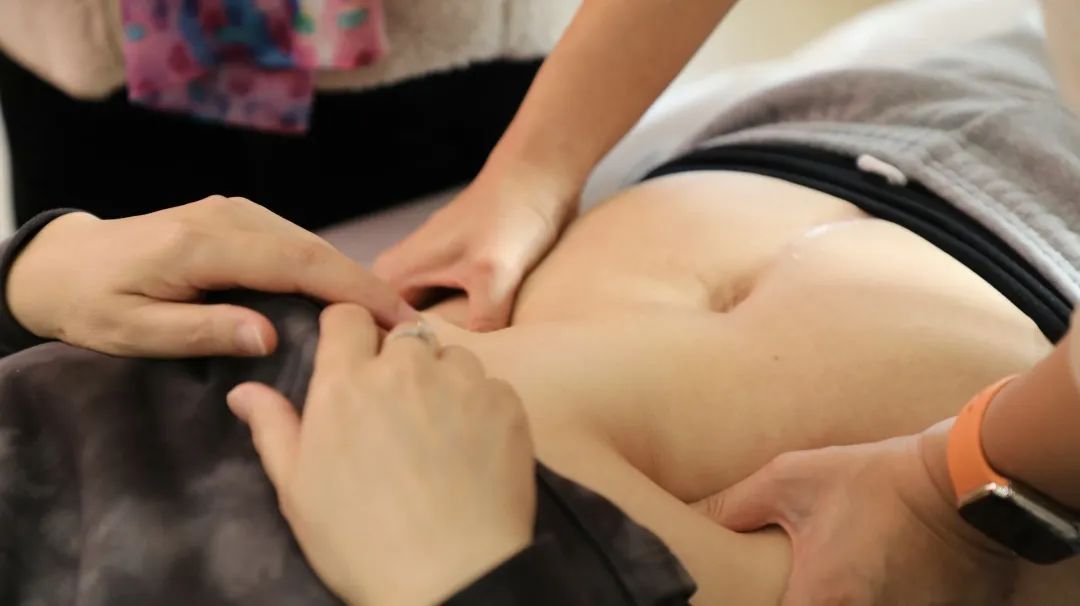
Conversely, if the temperature is insufficient, with cold hands and feet, a cold belly, or even a cold heart and teeth, external pathogens can easily invade.
The result is that where qi and blood are not abundant, evil qi gathers, leading to what we call “food toxicity, sleep toxicity, study toxicity, diarrhea toxicity,” etc. This is simply due to the obstruction of qi and blood in the affected areas.
Therefore, can TCM prevent external pathogenic factors? The answer is certainly affirmative. We often see that during the flu season every winter, some people do not fall ill.

hopehealth camp
Temperature and Emotions as Conditions for Abundant Qi and Blood
Theoretically, it is not difficult; the primary task is to restore the body’s normal temperature to ensure abundant qi and blood.
Modern people often feel cold and consume cold drinks; both the environment and diet tend to favor coolness, and there are indeed very few people with warm bellies after adulthood.
Moreover, with the consumption of greasy and heavy foods, artificial preservatives, and hard-to-digest items, qi and blood are naturally severely depleted, and temperature consequently decreases.
Additionally, staying up late disrupts the balance of yin and yang, leading to a further drop in body temperature.
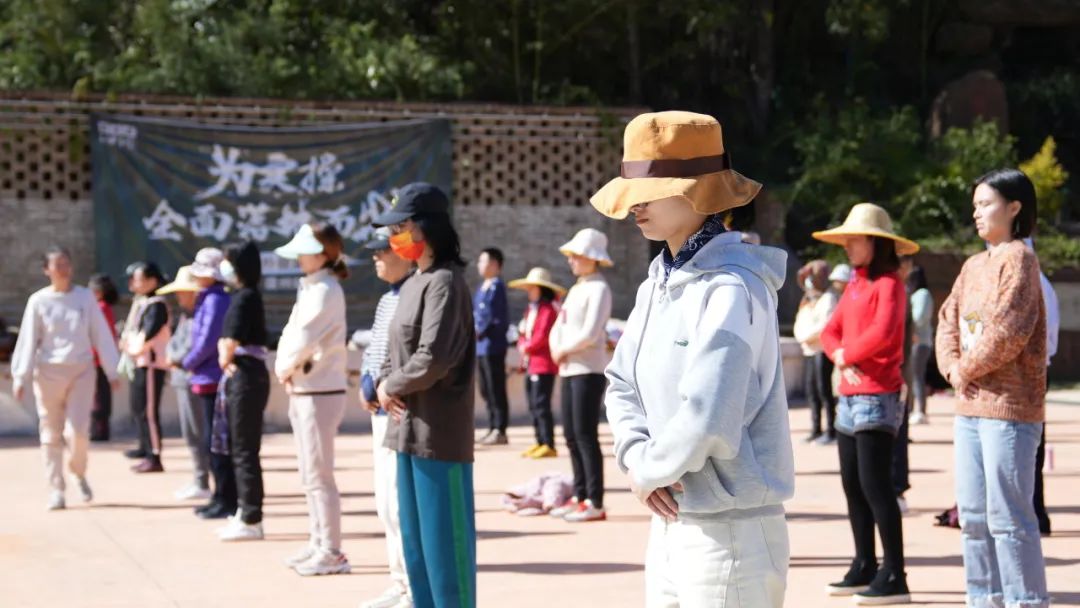
Furthermore, fear and tension are also significant factors affecting the smooth flow and abundance of qi and blood.
Fear causes qi to descend, while worry and overthinking can lead to qi stagnation. If one remains in a state of fear and anxiety for a long time, qi and blood cannot flow smoothly, resulting in local areas where “qi must be deficient,” making it easy for external pathogens to invade.

hopehealth camp
Non-Pharmaceutical Adjustments
So how can we change our temperature and promote the smooth flow of qi and blood to achieve a state of abundance?
First, it is essential to understand that changes in emotional and dietary environments are the foundation for all changes.
Emotions, diet, and the mind-body connection mutually influence each other. Only by no longer accepting negative energy can positive energy be reborn.
If one cannot adjust their mindset immediately, then let oneself move.
All treatments are about artificially mobilizing and promoting qi and blood, so the best way is certainly self-promotion. Therefore, standing meditation may not be the most efficient, but it is certainly the least depleting.
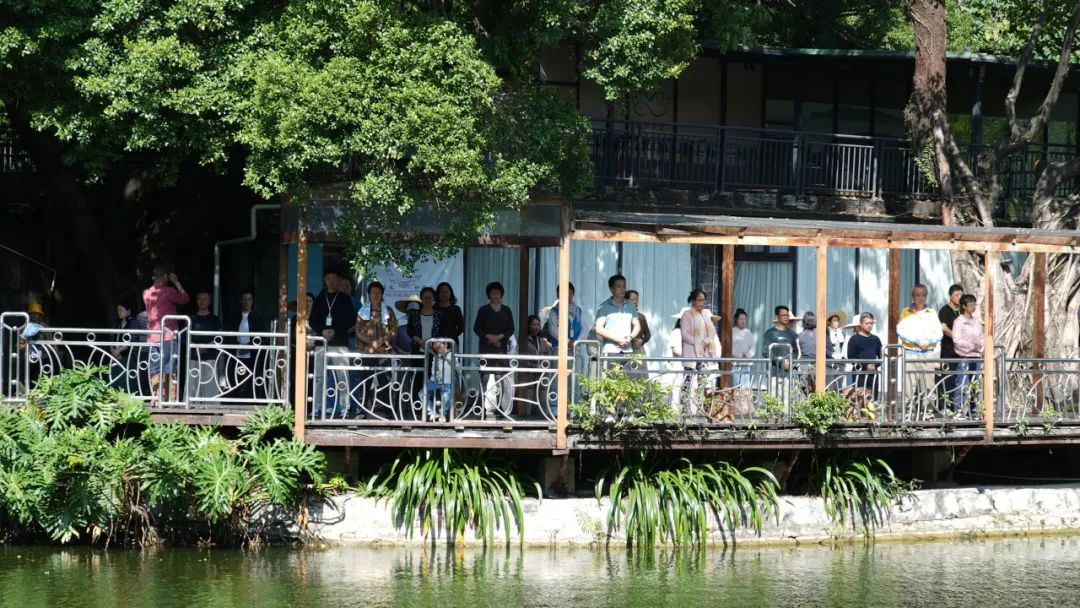
Students from the fifth session of the health camp in Guangzhou practicing standing meditation.
Finally, we advocate non-pharmaceutical treatments, whether it be massage, guasha, or moxibustion, all of which are excellent self-healing methods. As long as the methods are correct, they can naturally restore temperature and promote the smooth flow of qi and blood.

hopehealth camp
Post-Recovery Considerations for External Pathogenic Factors
Finally, let us discuss the issues after recovering from external pathogenic factors.
TCM adopts a holistic view.
The so-called holistic view not only considers the body and mind as a whole but also connects the organs and even related organs in thought. It is also a comprehensive consideration of the body’s energy—using qi and blood as carriers.
Therefore, after a significant illness, TCM emphasizes caution regarding dietary recovery, labor recovery, and self-recovery.
Dietary recovery refers to the recurrence caused by consuming rich and heavy foods after recovery; labor recovery refers to the recurrence caused by excessive work.
In fact, whether it is dietary or labor recovery, or even excessive emotional responses, the underlying reason is the same: the qi and blood have not yet recovered after the illness, and forcibly mobilizing qi and blood leads to this, which reflects TCM’s holistic view.
As for self-recovery, it means that residual pathogens remain, and the illness has not fully resolved, and recurrence is indeed included here.
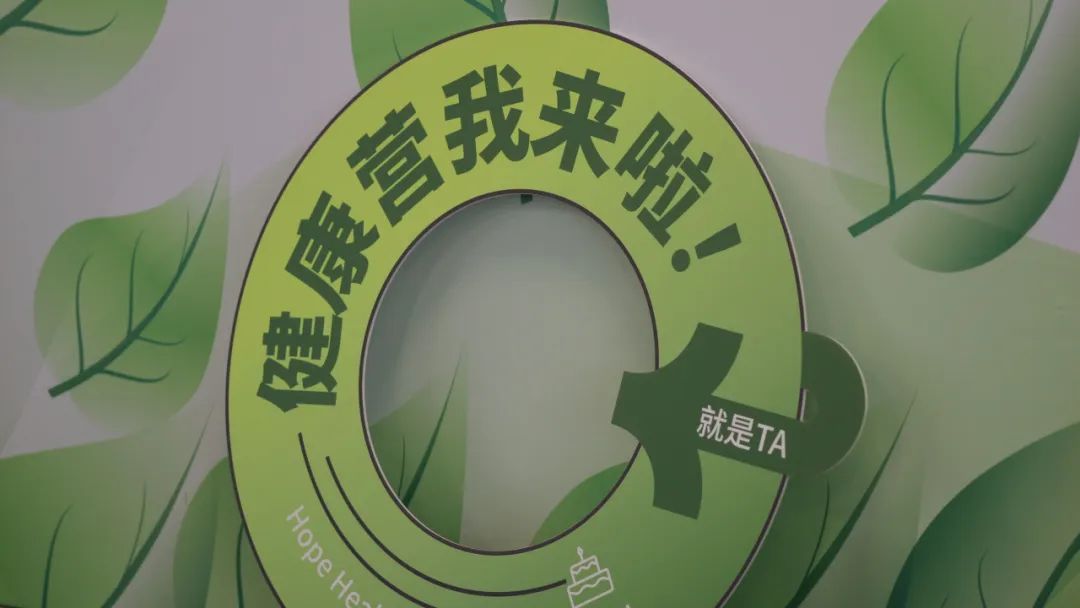
In summary, after recovering from a significant illness, if the body shows obvious weakness, it is essential to take good care of oneself for a period of time. Not only should one avoid excessive fatigue, but also emotional fluctuations are detrimental.
Taking a hot bath is also not advisable, as excessive sweating can lead to further depletion. What does this signify?
THE END
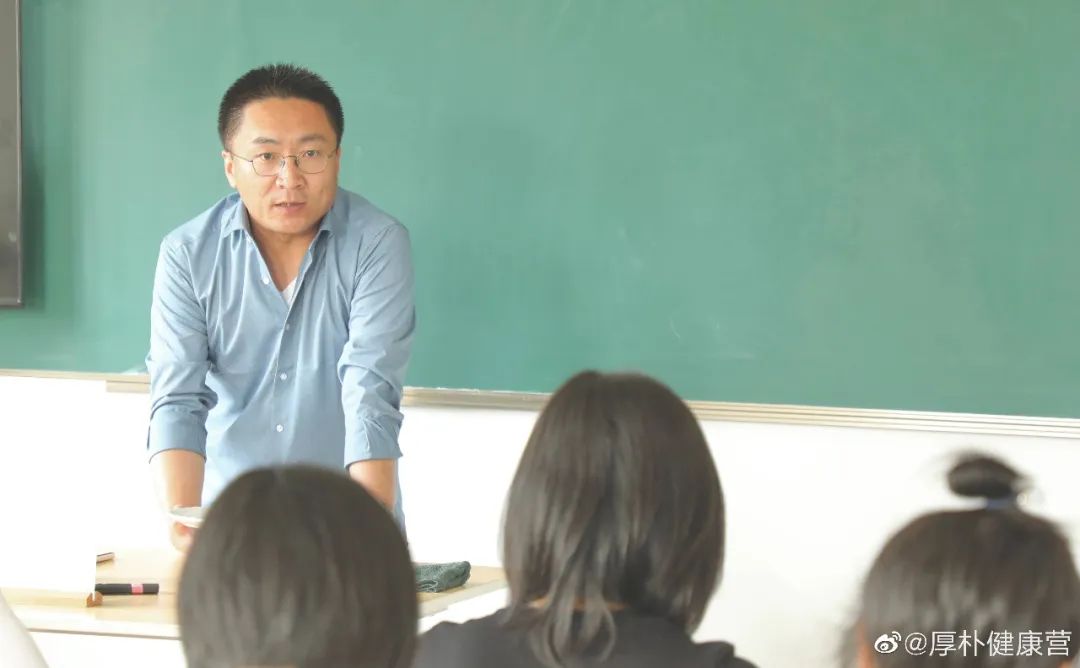
Author: Zhang Xuan Yi
A graduate of the third phase of Houpu, chief examiner for mind-body health assessment, and main speaker at the health camp.
Practicing internal family methods, deeply researching the philosophical views of TCM, and enjoying contemplation; able to grasp the main contradictions amidst chaos for effective treatment.
Layout / Mi Nan
Review / Education





